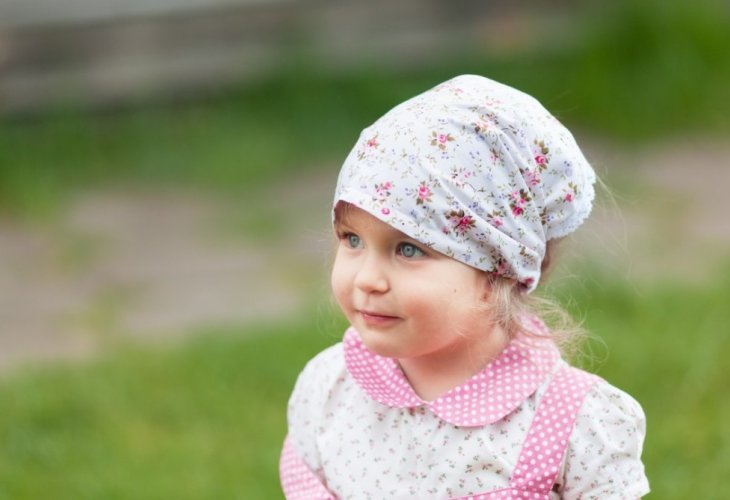Personality Development
The Deeper Meaning Behind Jewish Head Covering for Women and Men
Explore the spiritual, emotional, and practical reasons behind the mitzvah of hair covering
 (Photo: Shutterstock)
(Photo: Shutterstock)The mitzvah of a woman covering her hair is often perceived by many as a restriction without meaning. Why, they wonder, should a married woman cover her hair, while a single woman does not need to conceal it?
The Torah mandates hair covering for married women- why is hair such a significant symbol for a married woman?
According to Kabbalah, the hair on the head, which grows upward, is linked to the Divine attribute of din (judgment or severity), while beard hair, which grows downward, is associated with chesed (kindness). A woman, whose spiritual root is in the attribute of gevurah (strength/judgment), becomes the spiritual heart of the home once she is married- like the Shechinah (Divine Presence). Covering her hair serves to “cover” the spiritual judgments and channel goodness and blessing into her home. By covering her head, a woman protects her family and brings spiritual abundance to her household.
On a practical level, hair covering brings peace and unity to the home. When a woman covers her hair from the day of her wedding, she sends a powerful message to her husband: “I reserve one of the most beautiful parts of myself for you alone.” He is the only man permitted to see her hair. This silent message often leads to greater mutual trust and calm.
A mother who covers her hair sets an example for her children, instilling values of discipline, refinement, and reverence. There is a clear emotional and spiritual difference between a child who sees their mother with uncovered hair versus one who sees her head always respectfully covered.
A striking story in the Talmud tells of the High Priest Rabbi Yishmael ben Kimchit. One day, after an incident where his clothing became impure, his brother temporarily took over his role in the Temple. Their mother, Kimchit, merited seeing two of her sons serve as High Priests in one day. When asked what merit she had, she replied: “The beams of my home never saw the hair of my head.” She was so modest that even when changing her head covering, she remained fully covered. Her spiritual merit brought greatness to her children.
Some women worry that covering their hair will diminish their beauty. But beauty (yofi) is not the same as grace (chen). While beauty is physical, grace is spiritual, and deeper. Many women testify that after covering their hair, they experience a special light in their face, a refined and noble radiance that surpasses external beauty.
When seen in the right light, head covering becomes not a burden but a crown of royalty- an “atara” for a daughter of the King.
The Jewish Man’s Head Covering: A Sign of Reverence
Covering the head fosters a sense of awe and reverence for G-d. The Talmud says: “Cover your head so that the fear of Heaven may be upon you.” This act builds an internal awareness that one lives under the gaze of the Almighty and that life is not lawless.
Beyond personal spiritual benefit, wearing a head covering signals allegiance to G-d and is a public declaration: “I am loyal to the King.” This fulfills the great mitzvah of kiddush Hashem- sanctifying G-d's name.
The Rebbe of Slonim once illustrated this beautifully. He imagined a kingdom where a rebellion had broken out. During the chaos, a small group of loyal citizens chose to wear armbands labeled “Faithful to the King.” After the rebellion, who would the king honor most? Surely, those who stayed loyal when it was unpopular or dangerous. Likewise, in a time when many disregard G-d's laws- some knowingly, most out of ignorance- a Jew who walks down the street with a yarmulke (or a modestly dressed woman with head covering) is proclaiming: “I am loyal to the King!”
When the King will reveal His majesty in full, in the time of redemption, who will He draw near? Surely those who publicly bore His name even in times of rebellion.
The mitzvah of head covering, when understood in depth, reveals layers of spiritual, emotional, and communal significance. It is not a restriction, but a declaration- of identity, dignity, and deep love. For both women and men, covering the head becomes a symbol of connection to something far greater: a commitment to live with holiness, loyalty, and honor as children of the King.

